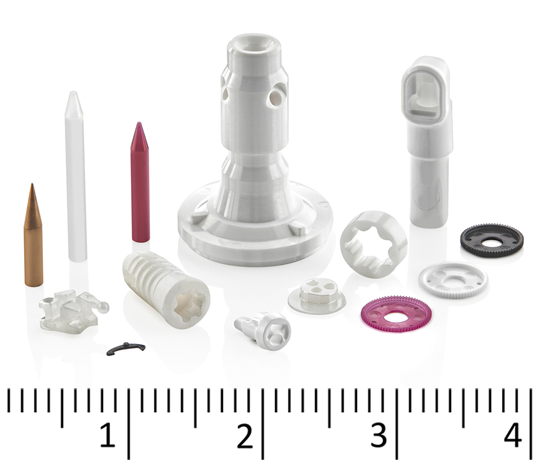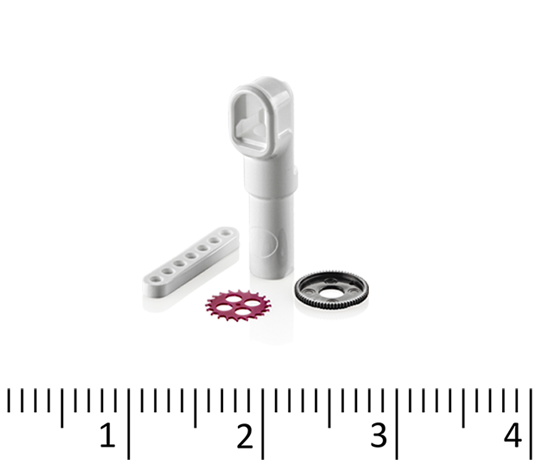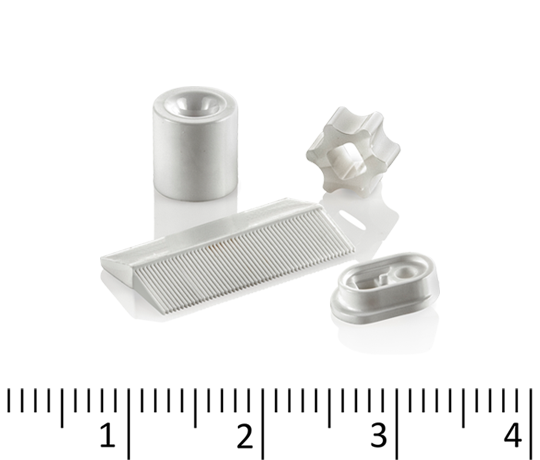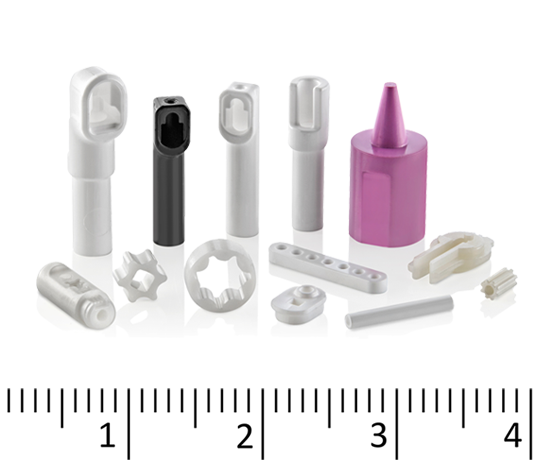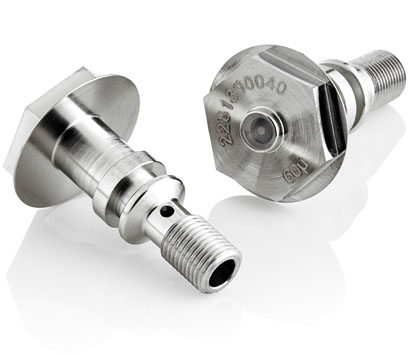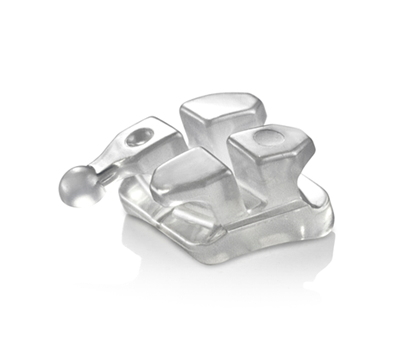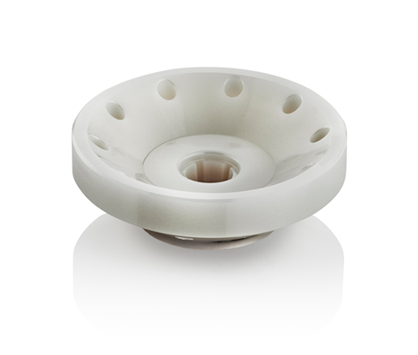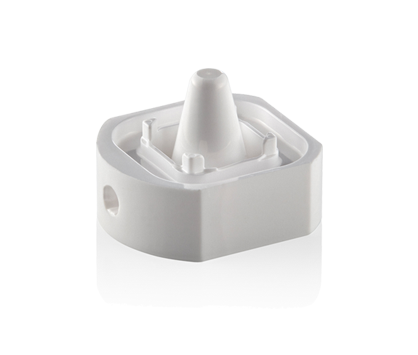Properties of Advanced Ceramic
With a broad definition, all inorganic, non-metallic materials can be called ceramics. In other words, anything that cannot be classified as plastics or metals is considered a ceramic
Today's Fine Ceramics deliver first-class solutions to difficult technical challenges with outstanding results that put conventional materials to shame. Thanks to the reproducibility of our manufacturing processes, these versatile materials can be produced economically in a wide range of shapes and quantities.
Advanced Ceramics have very positive mechanical properties, such as high density, high hardness and extreme resistance to wear. Reduced fracture toughness is a characteristic whose risks can be well controlled in design terms.
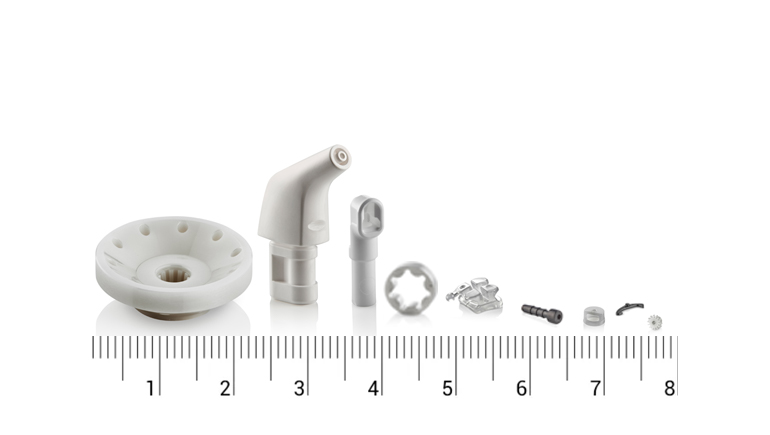
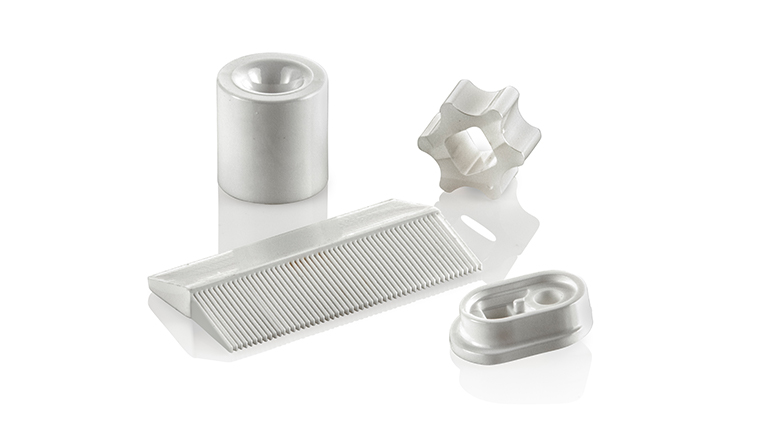
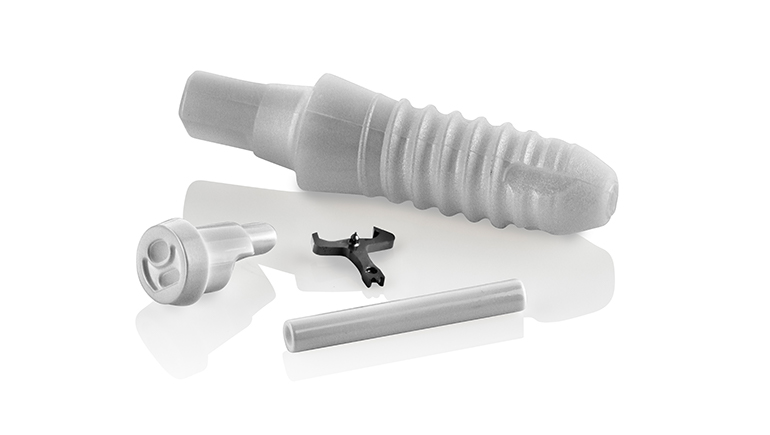
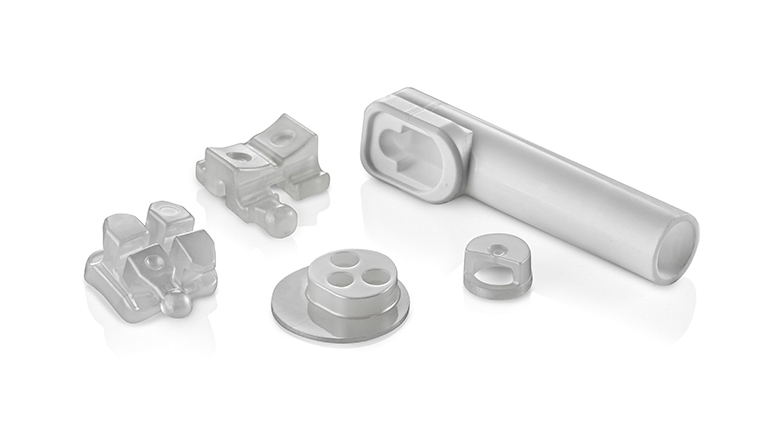
How Ceramic Materials are Used in Modern Technology
Ceramic materials have been used for thousands of years, but their applications have expanded greatly in modern times. These materials are known for their unique properties, including high strength, hardness, and resistance to heat and corrosion. From aerospace to medical devices, ceramics play a vital role in many modern technologies.
Introduction to Ceramic Materials.
Ceramic materials are a diverse group of materials that are known for their unique properties and applications. They are typically made from inorganic compounds, such as oxides, nitrides, and carbides, and are known for their high strength, hardness, and resistance to heat and corrosion. Ceramic materials have been used for thousands of years, but their applications have expanded greatly in modern times, making them an essential component in many modern technologies.
Properties of Ceramic Materials.
Ceramic materials are known for their unique properties, which make them ideal for a wide range of applications. They are extremely hard and strong, with high resistance to wear and corrosion. They are also excellent insulators, both electrically and thermally, and can withstand high temperatures without degrading. Additionally, ceramics are biocompatible, making them ideal for use in medical devices and implants. These properties make ceramics an essential component in many modern technologies, from aerospace to electronics to healthcare.
Applications of Ceramic Materials in Aerospace.
Ceramic materials have a wide range of applications in the aerospace industry. They are used in the manufacture of heat shields, engine components, and turbine blades, among other things. The high strength and resistance to wear and corrosion make ceramics ideal for use in harsh environments, such as those encountered in space. Additionally, ceramics are lightweight, which is important for reducing the weight of aircraft and spacecraft. The use of ceramics in aerospace technology has led to significant advancements in the industry, including increased efficiency and improved safety.
Applications of Ceramic Materials in Medical Devices.
Ceramic materials are also widely used in the medical industry due to their unique properties. They are biocompatible, meaning they can be safely used in the human body without causing harm. This makes ceramics ideal for use in medical implants, such as hip replacements and dental implants. Additionally, ceramics are highly resistant to wear and corrosion, which is important for medical devices that need to withstand harsh conditions. Ceramic materials are also used in medical imaging equipment, such as X-ray tubes and ultrasound transducers, due to their ability to transmit and manipulate sound waves and radiation. The use of ceramics in medical technology has led to significant advancements in patient care and treatment options.
Future of Ceramic Materials in Technology.
The future of ceramic materials in technology looks promising, with ongoing research and development in the field. One area of focus is on improving the strength and durability of ceramics, which could lead to even more applications in industries such as aerospace and defense. Additionally, there is growing interest in using ceramics for energy storage and conversion, such as in batteries and fuel cells. The unique properties of ceramics, such as their high melting points and electrical conductivity, make them a promising material for these applications. As technology continues to advance, it is likely that ceramic materials will play an increasingly important role in shaping the future of various industries.
Typical characteristics of ceramics
- Ultra-hard
- Biocompatible
- Chemically inert
- Physically stable
- High strength
- Excellent surface finish
Restistant to:
- High temperature
- Wear
- Corrosion
- Bending
Custom-made Fine Ceramic Products

